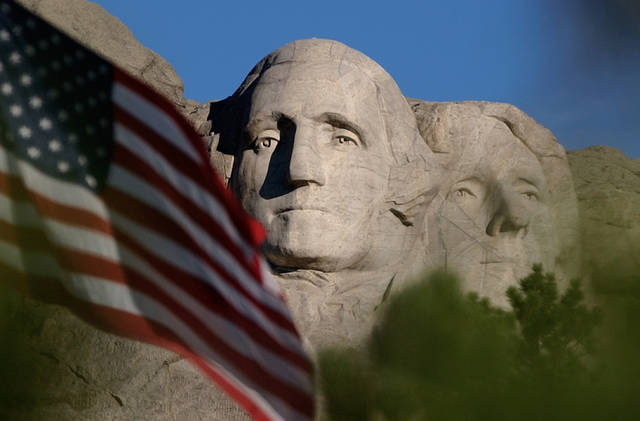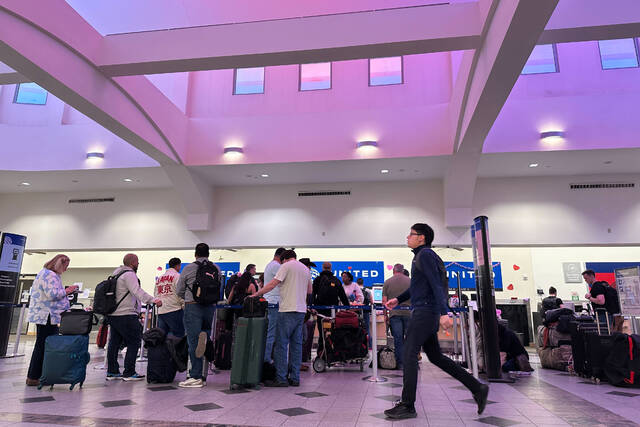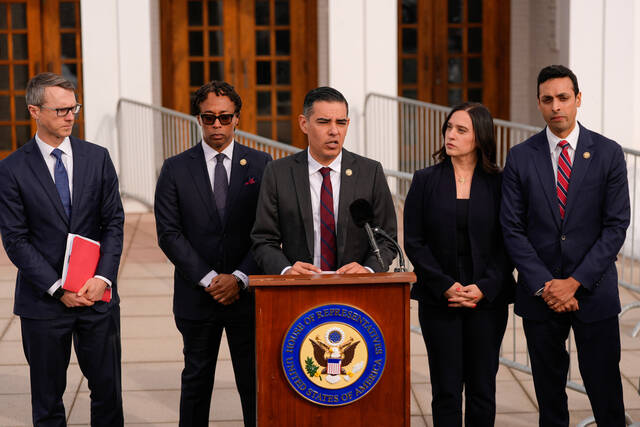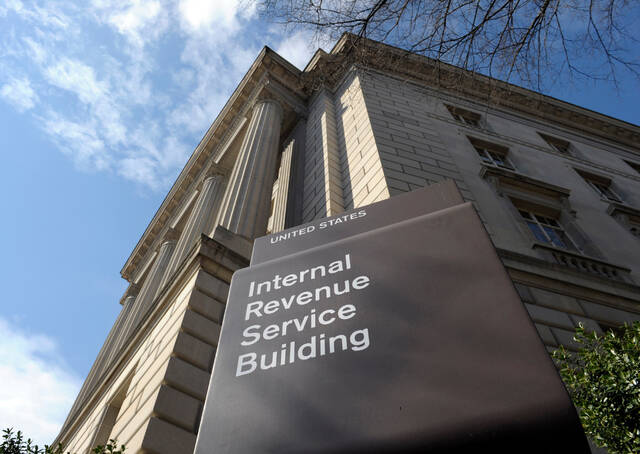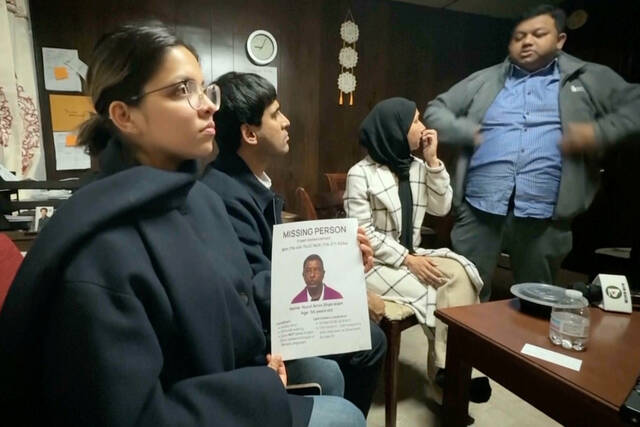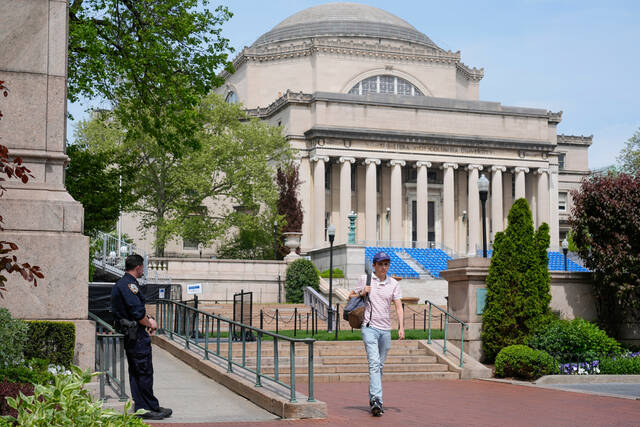1. July 4th might be the wrong date.
According to History.com, the Continental Congress actually voted to declare independence from Great Britain on July 2, 1776. And many historians believe none of the Founding Fathers signed the document on July 4. Most didn’t sign until Aug. 2, 1776. July 4 is the date the Congress accepted the final draft of Thomas Jefferson’s famous document. Signer and second president of the United States John Adams was so adamant that July 2 be recognized as the country’s independence day that he refused to take part in July 4 festivities as a matter of principle.
2. Only men signed the Declaration of Independence. Wrong!
Though not an “official” signer, the name of Mary Katharine Goddard appears on many of the first copies of the document. Goddard was one of the country’s first female publishers and postmasters. The Washington Post reported Goddard was a well-known patriot and was commissioned by the Congress to print the first copies of the document. It isn’t known exactly why she added her signature below those of the original signers.
3. What’s with the fireworks?
The first official Independence Day celebration was held in 1777 in Philadelphia. At that ceremony, 13 cannons were fired to honor each of the new states. According to Smithsonian.com, it is believed the use of fireworks grew from those first cannon shots.
4. July 4th is a special day for several presidents.
Call it ironic, fitting or whatever you like, former presidents John Adams, Thomas Jefferson and James Monroe all died on July 4 — Adams and Jefferson in 1826 and Monroe in 1831. President Calvin Coolidge was born on July 4, 1872.
5. The question of who is “independent.”
Slavery existed in America before and after the ratification of the Declaration of Independence. That has led many scholars to concluded the Founding Fathers were speaking only of free white men in their discourse on rights and independence. Others disagree, most notably Martin Luther King Jr.: “When the architects of our republic wrote the magnificent words of the … Declaration of Independence, they were signing a promissory note… that all men, yes, black men as well as white men, would be guaranteed the unalienable rights.”


